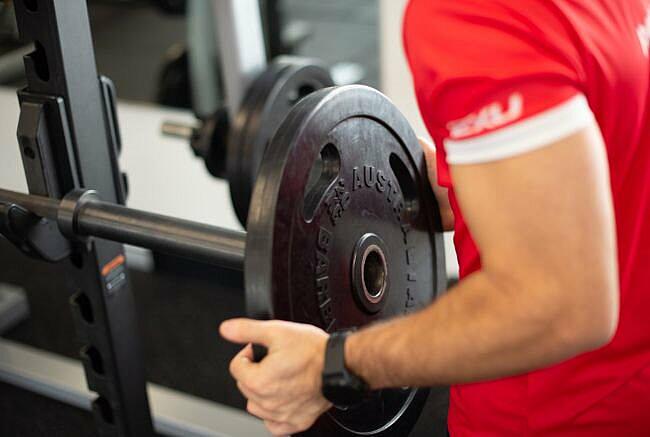A common thing we hear here at Vision Personal Training is that when our members join they think it’s too late to focus on getting stronger because of their age. Up until recently I thought that as we age, we lose muscle mass. The muscle mass loss was due to sarcopenia. Although we didn’t like it, it was just a part of life.
Let’s look at what age sarcopenia sets in and how severe it is. With the Olympics recently coming to an end it’s no surprise people think that the peak of performance is when people are in their 20’s. It’s as if when you reach 30 everything goes downhill. Research shows that peak performance starts in the early 20’s and goes up until getting into their 40’s.
In the sports of bodybuilding or powerlifting where resistance training and muscle mass is a key dictator of success, you would imagine that this is a sport for the young and full of muscle athletes. As time is going on there are more and more successful athletes competing into their 40’s than ever. How age affects muscle growth. In general population sarcopenia turns out to be true. At age 20 there is a linear decline of muscle loss as we get older. It appears to be a slow and constant decay over time. How sad. How is it possible to have Olympic athletes and sporting athletes competing in their 20’s, 30’s, or even 40’s if that's the case? This is because there is a correlation of age and muscle loss - not causation. Age is not the primary determinant of sarcopenia. Muscle biopsies show that there is no relation to age.
Well what causes sarcopenia? A 2010 review on sarcopenia shows that the primary causes of sarcopenia were sedentary lifestyle and malnutrition. You don’t lose muscle because of your age, you lose it because you don’t use it. In 2015 there was a study that looked at athletes aged between 40 and 81 years old. The participants consistently exercised and showed no significant loss of muscle mass irrelevant of their age. There was a downward trend however this could be put down to the athletes mostly focusing on endurance events instead of resistance training.
In conclusion it’s never too late to start exercising, but it's always too early to stop. You can stay lean, fit and strong all the way into your 80’s as long as you give your body what it needs. Getting started on a resistance program? As it’s shown above the factors that do affect muscle loss are sedentary lifestyle and malnutrition. Here at Vision Personal Training you will have your very own personalised resistance training program and tailored food plans, covering the two leading factors in muscle loss as we age. Get in contact with us today and give your body what it needs.

